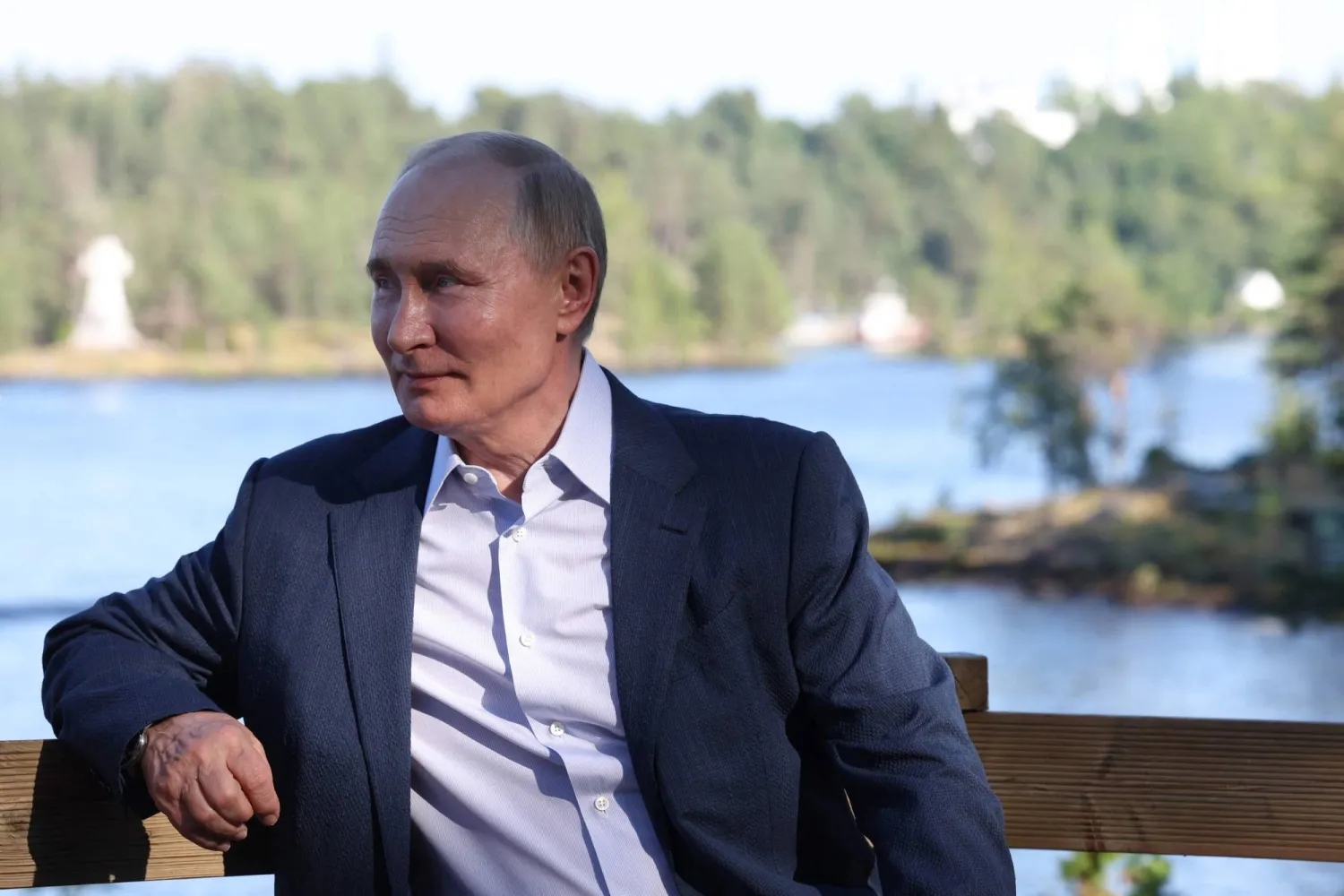Russian President Vladimir Putin on Sunday warned the United States that if Washington deployed long-range missiles in Germany then Russia would station similar missiles in striking distance of the West.
The United States will start deploying long-range fire capabilities in Germany in 2026 in an effort to demonstrate its commitment to NATO and European defense, the United States and Germany said in a joint statement earlier this month.
The United States' "episodic deployments" are in preparation for longer-term stationing of such capabilities that will include SM-6, Tomahawk cruise missiles and developmental hypersonic weapons that have a longer range than current capabilities in Europe, the two countries said.
Ground-based missiles with a range exceeding 500 kilometers were banned until 2019 under the Intermediate-Range Nuclear Forces Treaty signed by the Soviet Union's Mikhail Gorbachev and former US President Ronald Reagan in 1987.
It marked the first time the two superpowers had agreed to reduce their nuclear arsenals and eliminated a whole category of weapons.
Falling in line with the signatories, Germany, Hungary, Poland and the Czech Republic destroyed their missiles in the 1990s, to be followed later by Slovakia and Bulgaria.
The United States withdrew from the INF Treaty in 2019 saying that Moscow was violating the accord, citing Russia's development of the 9M729 ground-launched cruise missile, known in NATO as the SSC-8.
The Kremlin repeatedly denied the accusation and then imposed a moratorium on its own development of missiles previously banned by the INF treaty - ground-based ballistic and cruise missiles with ranges of 500 km to 5,500 km.
At the end of June, Putin said Moscow should resume production of intermediate and shorter range nuclear-capable missiles after the United States brought similar missiles to Europe and Asia.
Putin said Russia had pledged not to deploy such missiles but that the United States had resumed their production, brought them to Denmark for exercises and also taken them to the Philippines.
In a speech to sailors from Russia, China, Algeria and India to mark Russian navy day in the former imperial capital of St. Petersburg, Putin warned on Sunday the United States that it risked triggering a Cold War-style missile crisis with the move.
"The flight time to targets on our territory of such missiles, which in the future may be equipped with nuclear warheads, will be about 10 minutes," Putin said.
"We will take mirror measures to deploy, taking into account the actions of the United States, its satellites in Europe and in other regions of the world."









